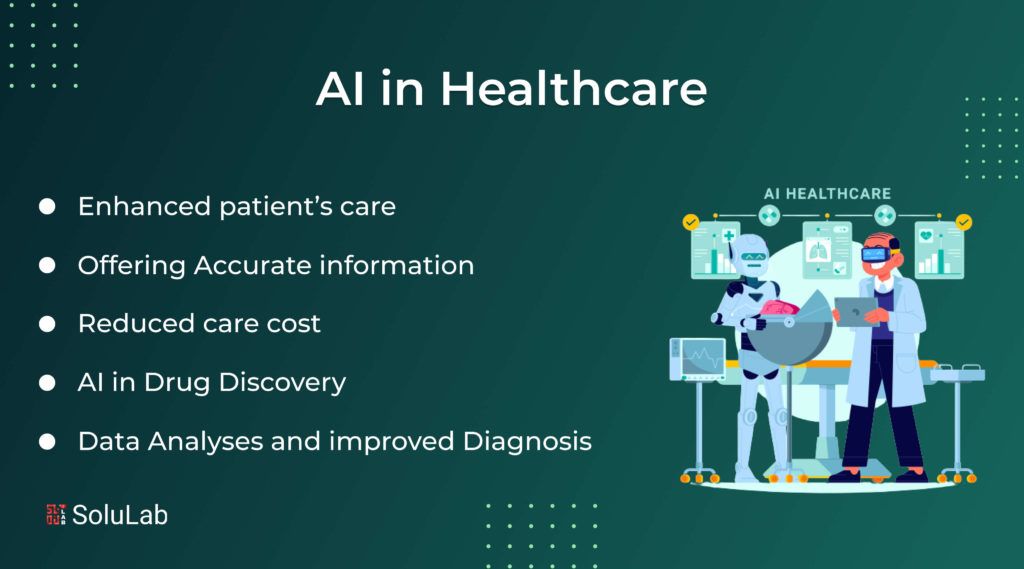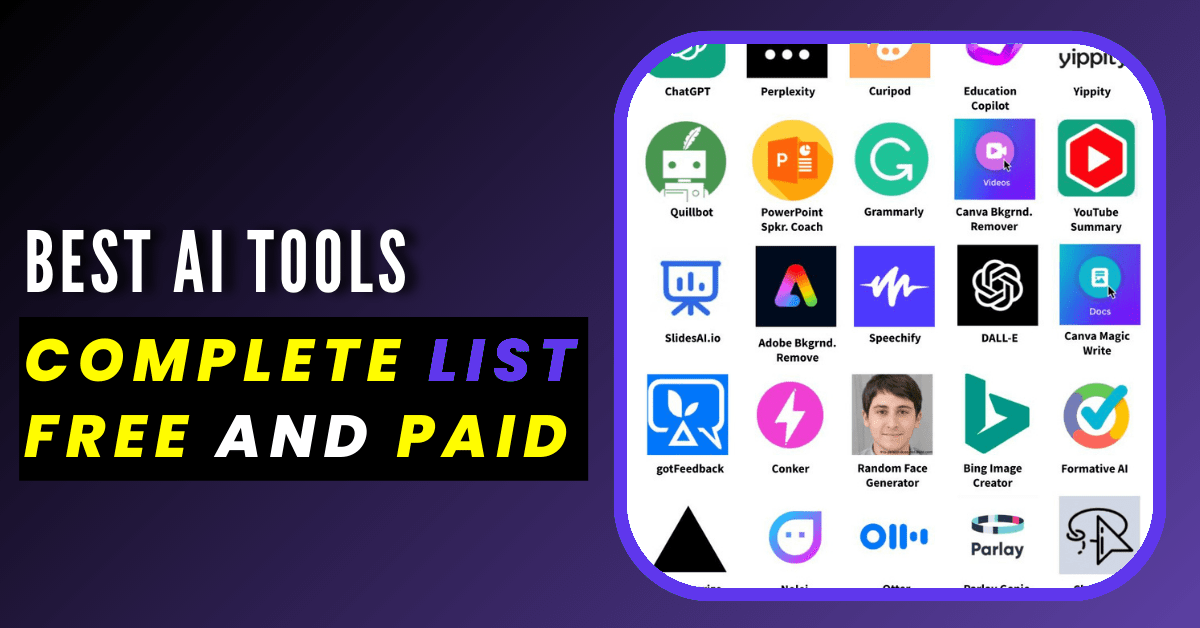Artificial Intelligence (AI) is revolutionizing the healthcare industry by providing innovative solutions that improve patient care, diagnosis accuracy, and operational efficiency. With the rise of AI-powered technologies, healthcare providers can now leverage the power of machine learning, natural language processing, and robotic process automation to deliver superior healthcare services.
Breakthroughs in AI Healthcare
One of the major breakthroughs in AI healthcare is in the field of medical imaging. AI algorithms can analyze medical images such as MRIs, CT scans, and X-rays with remarkable accuracy, helping radiologists detect diseases and abnormalities at an early stage. This not only improves diagnostic accuracy but also reduces the time taken to interpret complex medical images.
Another breakthrough in AI healthcare is in predictive analytics. By analyzing vast amounts of patient data, AI systems can predict disease onset, patient outcomes, and treatment effectiveness. This proactive approach to healthcare allows providers to intervene early, customize treatment plans, and improve patient outcomes.
In addition to medical imaging and predictive analytics, AI is also transforming healthcare through virtual health assistants. These AI-powered virtual assistants can interact with patients, provide medical advice, schedule appointments, and offer virtual consultations. This not only enhances patient engagement but also streamlines administrative tasks for healthcare providers.
The Benefits of AI in Healthcare
The benefits of AI in healthcare are numerous and far-reaching. One of the key benefits is improved diagnostic accuracy. AI algorithms can analyze patient data, identify patterns, and make accurate predictions, leading to early detection of diseases and better treatment outcomes.
Another benefit of AI in healthcare is in personalized medicine. By analyzing genetic data and patient history, AI systems can create personalized treatment plans that are tailored to each individual’s unique needs. This precision medicine approach not only improves patient outcomes but also reduces healthcare costs.
AI also plays a crucial role in speeding up drug discovery and development. By analyzing vast amounts of biomedical data, AI algorithms can identify potential drug candidates, predict drug interactions, and optimize treatment protocols. This accelerates the drug discovery process and reduces time-to-market for new medications.
Conclusion
In conclusion, artificial intelligence is revolutionizing the healthcare industry by providing breakthrough solutions that improve patient care, diagnosis accuracy, and operational efficiency. With advancements in medical imaging, predictive analytics, and virtual health assistants, AI is transforming healthcare delivery and paving the way for personalized medicine and precision healthcare. As AI continues to evolve, we can expect to see even more innovative applications that enhance patient outcomes and revolutionize the way healthcare is delivered.




